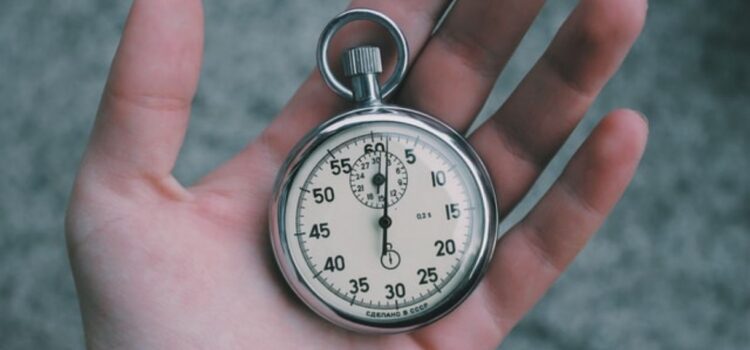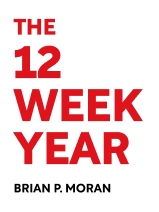

This article is an excerpt from the Shortform book guide to "The 12 Week Year" by Brian P. Moran. Shortform has the world's best summaries and analyses of books you should be reading.
Like this article? Sign up for a free trial here .
Do you often find yourself spending time on unproductive activities that add neither value nor enjoyment? How do you stop wasting time and start getting things done?
Studies show that most people waste more valuable work time in a day than they realize. This time is wasted dealing with the various distractions thrown their way while they’re trying to work. To stop wasting time, you must learn to say “no” to distractions and “yes” to active focus.
Keep reading for tips on how to stop wasting time and start getting things done.
How to Stop Wasting Time: 3 Tips to Help You Get Stuff Done
You, like everyone else on the planet, are used to feeling like you just don’t have enough time to do everything you want to do. But the truth is, this belief is usually a defense mechanism against facing the truth—you don’t manage your time well, wasting it on distractions, unproductive activities, and idle past-time. Here are some tips to help you minimize the amount of time you waste on idle and unproductive activities so you can spend it on what truly matters.
Tip 1: Prioritize High-Payoff Activities
Most people first attend to the tasks they can do quickly to get them out of their way, which puts the important tasks that must get done on the backburner. This wastes time and makes it harder to concentrate when you turn back to the real work. To stop wasting time, you must organize your day around the most high-payoff activities that will lead to your desired results.
Be prepared to push against the fear and effort that come with working on high-payoff activities. Those tasks that challenge us the most require energy and intense focus, and you may feel uncomfortable pushing past your familiar limits. But those high-payoff tasks are also what will lead to amazing results in the future.
Tip 2: Eliminate Interruptions
Studies show that most people waste more valuable work time dealing with interruptions than they realize. One study found it took 15 minutes for workers to get back to their tasks when they stopped to check emails or text messages. Another found that 28% of the average employee’s day is spent managing interruptions in workflow and time taken to refocus.
As you work on your high-priority tasks, don’t take phone calls, check emails, or read the news. Don’t visit with co-workers or daydream about lunch. Focus completely on the task at hand for several hours to harness the full power of your creative and intellectual capacities.
Tip 3: Schedule Your Time Wasting
You waste more time trying to eliminate distractions completely than if you set aside time to be distracted. Set a pre-determined amount of time and dedicate it to miscellaneous activities that take your attention away from work. When you group these activities into one chunk of time, you reduce frustration with constant interruptions and alleviate the stress of having these tasks lingering in the background.

———End of Preview———
Like what you just read? Read the rest of the world's best book summary and analysis of Brian P. Moran's "The 12 Week Year" at Shortform .
Here's what you'll find in our full The 12 Week Year summary :
- How to create a structured plan to rapidly accomplish goals
- Why annual goals don't work
- How to create urgency by working in 12-week increments






